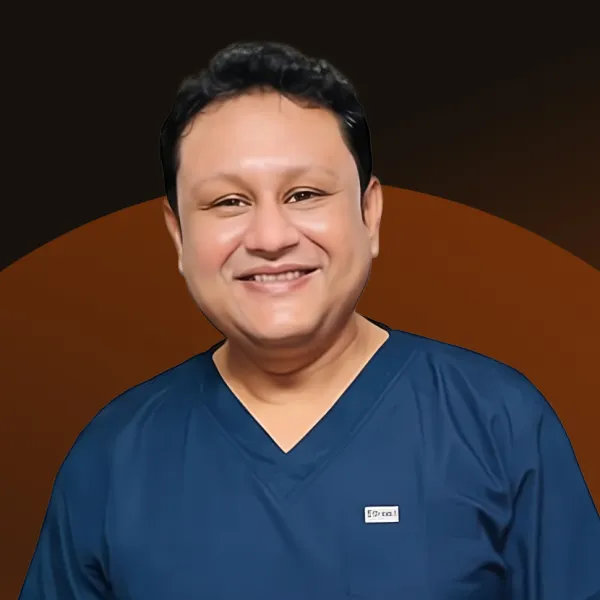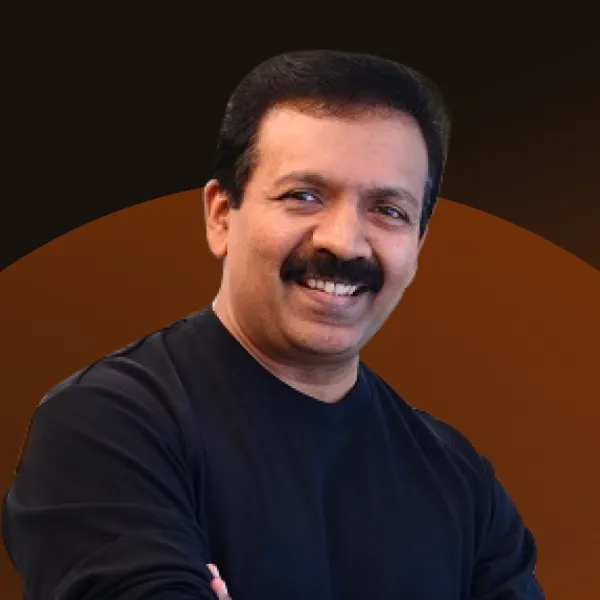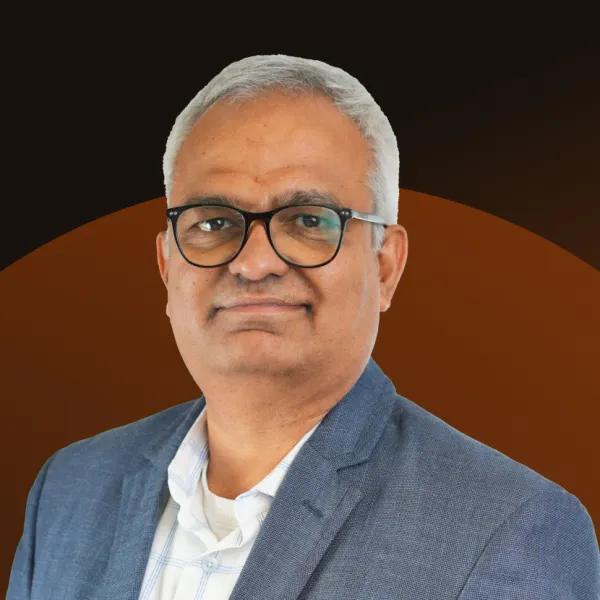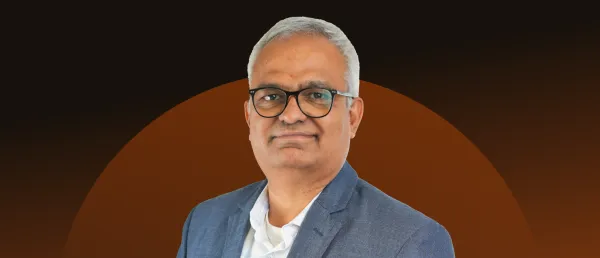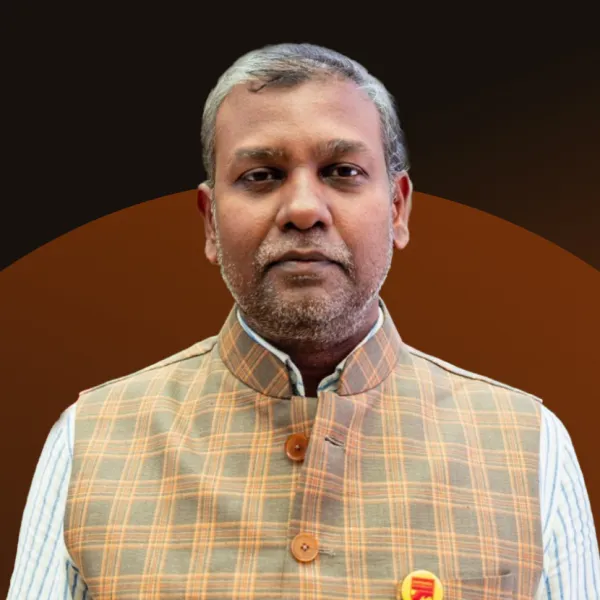Leveraging Social Media to Improve Patient Experience: Real-Time Insights from Real People

By Amit Sharma, CIO, Cytecare Cancer Hospitals
In a world where a tweet can spark a movement and a Facebook post can change a life, it’s no surprise that healthcare, too, is being transformed by social media. What was once seen as a distraction in waiting rooms has become a powerful tool in the hands of healthcare providers, allowing them to listen, learn, and act on the real experiences of patients.
The growing influence of platforms like X (formerly Twitter), Facebook, Instagram, YouTube, Reddit and Google Reviews even dedicated health forums is undeniable. Patients today are no longer silent recipients of care; they are vocal, informed, and deeply connected through online communities. And within these digital conversations lie rich insights that, if harnessed correctly, can improve patient experience, guide public health efforts, and even shape the future of medicine.
Listening Beyond the Walls of the Hospital
Traditionally, hospitals and clinics have relied on patient feedback forms, follow-up calls, or complaint boxes to understand the patient experience. These methods, while useful, are often limited, delayed, and sometimes filtered. But what if hospitals could tap into what patients are saying in real time-openly, voluntarily, and emotionally?
This is where social media steps in.
For example, a cancer patient undergoing chemotherapy might post about how long they waited before treatment began, how empathetic or indifferent the nurse seemed, or how confusing the billing process was. These posts, when seen as data points, not just complaints, can alert hospital leadership to patterns that need attention.
Consider this: A Bangalore-based oncology center noticed multiple patient posts on Instagram Stories complaining about delayed parking and long queues at the pharmacy. These posts weren’t tagged to the hospital’s official account, but they were out there, and they were gaining traction. The hospital’s digital team picked them up using social media listening tools, flagged the issue, and within weeks, a new fast-track lane was introduced for cancer patients needing urgent medication. Patient satisfaction visibly improved, and the posts that followed were full of appreciation.
A Treasure Trove of Health Insights
During COVID-19 pandemic Public health researchers were able to track emerging symptoms, misinformation patterns, and stress levels by analyzing this digital chatter. In many cases, they are able to respond quicker than through traditional surveillance systems. For instance, an uptick in “loss of smell” mentions on Reddit and Twitter gave epidemiologists in Europe early warning signals before the symptom was officially recognized.
This approach isn’t just useful in pandemics. Consider mental health. Posts filled with keywords like “feeling numb,” “hopeless,” or “can’t sleep” when mapped over regions or age groups can help identify mental health hotspots. Hospitals or health organizations working in those areas can then proactively increase awareness programs, telehealth access, or counseling services
Building Trust Through Community Engagement
Social media isn’t just for listening, it’s for engaging.
When healthcare organizations participate in online conversations with honesty and empathy, they build trust. Take the example of a children’s hospital in Mumbai that runs a weekly Instagram series called “#AskADoctorLive,” where parents can ask pediatricians questions in real time. Not only does this educate and comfort anxious parents, but it also strengthens the hospital’s image as caring, transparent, and approachable.
Similarly, patient support groups on Facebook or Telegram often become safe spaces where individuals bond over shared experiences, be it living with diabetes, undergoing dialysis, or coping with rare diseases. Hospitals that collaborate with or moderate these groups can offer expert guidance while staying closely connected to what patients truly feel and need.
Challenges & Responsibilities
Of course, this digital shift comes with its own set of challenges. Privacy is paramount. Not all patient posts are meant to be analyzed, and organizations must tread carefully, ensuring they follow ethical data use practices. Insights should be drawn in aggregate, without breaching personal boundaries.
There’s also the issue of misinformation. While social media can spotlight truth, it can just as easily spread harmful myths. A viral WhatsApp forward claiming that turmeric can cure cancer can undo months of scientific communication. Here, hospitals and doctors have a duty to counter fake news with fact-based, empathetic messaging proactively.
Where We Go From Here
In the future, AI tools may help interpret online conversations in local languages, identify early signals of outbreaks, or even alert hospitals when patient emotions trend negative after a major procedural change. But the core idea remains beautifully human: listen to people.
In conclusion, leveraging social media to improve patient experience isn’t about chasing trends. It’s about respecting that every post, every comment, every hashtag, carries a voice, and that voice deserves to be heard. After all, better healthcare begins not just with more medicine, but with more meaningful connections.
Stay tuned for more such updates on Digital Health News









